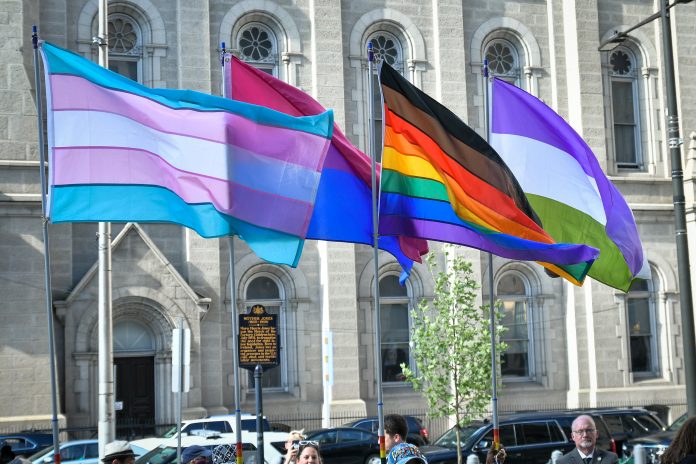Nizah Morris was a trans woman of color found with a fractured skull in 2002, shortly after receiving a “courtesy ride” from police. To date, her murder has not been solved. In April 2018, trans attorney Julie Chovanes filed a Right-to-Know request with the Philadelphia District Attorney’s Office for the release of all Morris-related records. So far, the DA’s office, under Larry Krasner, has refused to release the records.
Krasner, a progressive known for criminal justice reform philosophies and actions that include more lenient sentencing and an attempt to end mass incarceration, would seem a likely ally in this fight for transparency. But thus far, he hasn’t been.
PGN, specifically writer-at-large Tim Cwiek, has followed this case from the beginning. Over the last 17 years, the handling of Morris’ case has produced many irregularities and concerns.
Elizabeth Skala, the officer who gave Morris a ride from old Key West Bar, told investigators she thought Morris lived at 15th and Walnut streets, and therefore dropped Morris off there. However, Morris lived three miles away in West Philadelphia. Before the ride, Skala called off medics who would have taken Morris to a hospital due to intoxication. Officers Skala, Kenneth Novak and Thomas Berry said they knew of the ride, but did not document it in patrol logs. After Morris suffered the head injury that would kill her 64 hours later, she was labeled a “hospital case,” found with a “cut on [her] head,” rather than a “crime victim.”
Perhaps most suspect: the police department misplaced the entire Morris homicide file in 2003. Eight years later, only some of the records were found in the city Archives Unit. Many are still missing.
It remains a looming question whether these complications with the case are coincidental or intentional. If Krasner released Morris’ records, perhaps our community would have some of the answers we desperately need, especially in a year when 19 trans people have already been killed — 18 of them trans women of color.
The DA’s Office says the case is open, but Chovanes’ request to release records depends on a public statement given by Krasner in February 2018 when answering a question from PGN: “In reference to the Nizah Morris case, which is not a pending criminal matter in this office, as you know, it happened many years ago and charges were not brought, although there was a civil lawsuit around it. I can say a little bit more than I can say about a lot of cases because this is not something that is being prosecuted at this time.”
The LGBTQ community has fought for transparency from the police for years, particularly concerning our treatment in their hands. That this is still the case in 2019 is appalling — that it’s happening in cooperation with a nationally-known progressive district attorney is even more upsetting.
